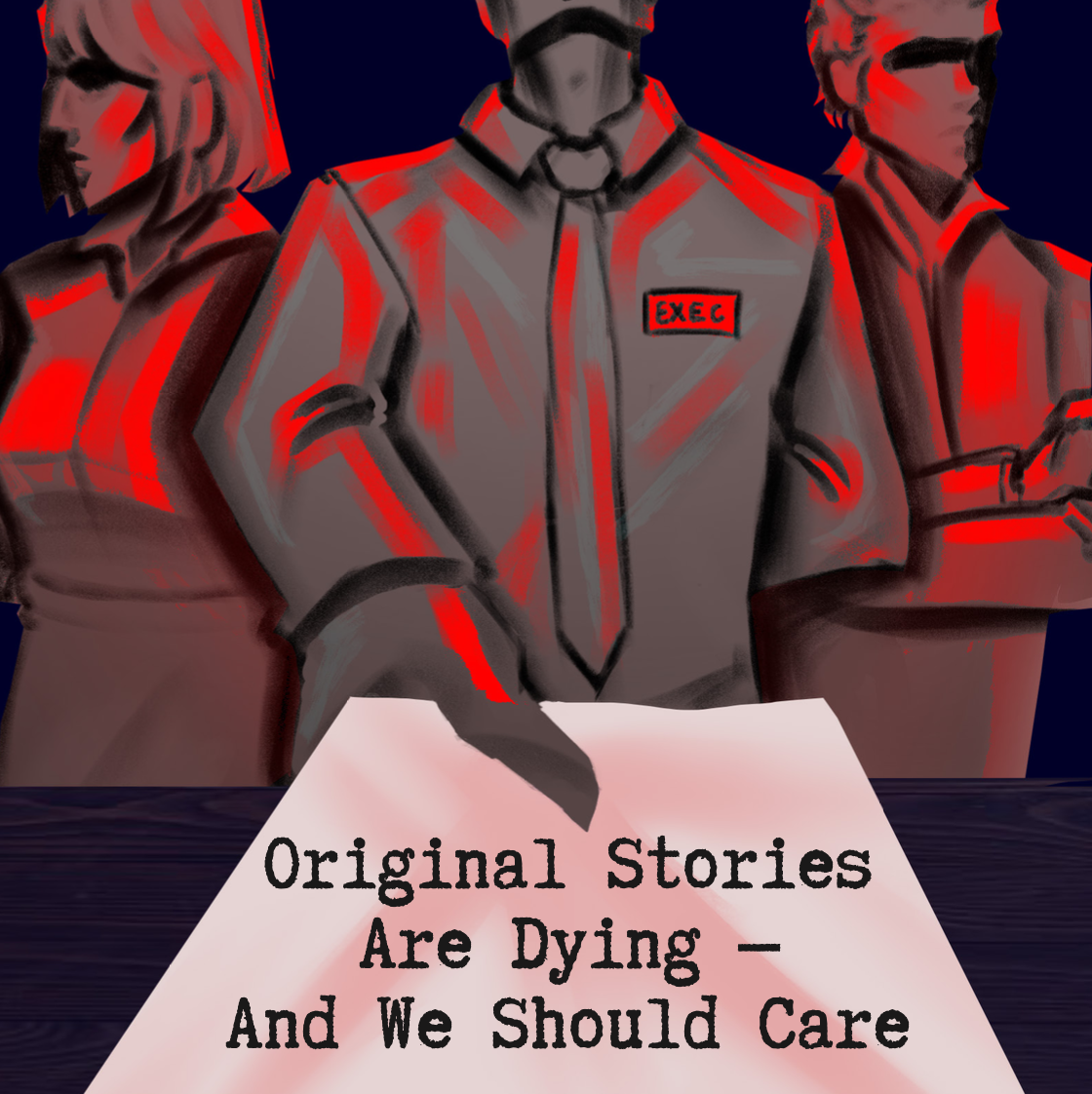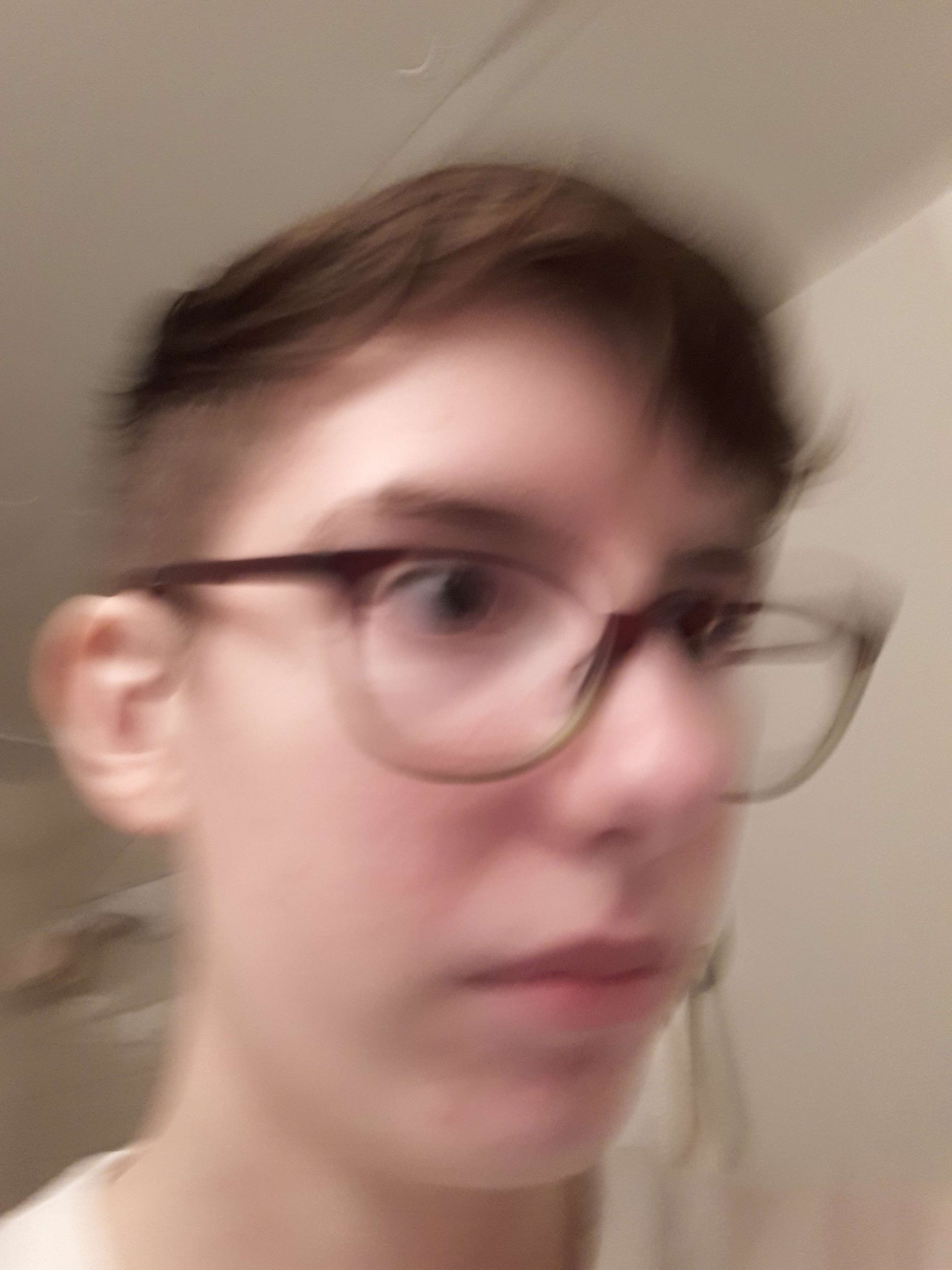
When streaming usurped the spot that TV had carved out for itself in the entertainment industry, consumers rejoiced over an increase in variety, accessibility, and savings. Showrunners didn’t have to wrestle with unrealistic demands from TV networks, and viewers could watch shows whenever they wanted for an affordable price. In addition to this, we also saw a wave of new, original stories that found their home on these platforms. It seems like a win-win scenario for both parties, until you consider that TV networks and entertainment corporations still own many of these streaming services. Their influence may not be as apparent as it used to be, but they still have the final say when it comes to big decisions like mergers, policy changes, and marketing. They can also steer these services in whichever direction they want, i.e., deciding which stories get greenlit and continually invested in, and which ones get dropped or erased off the face of the earth. I’m looking at you, Warner Bros… I won’t forget, and I certainly won’t forgive what happened to “Coyote vs. Acme.”
My personal beef with Warner Bros. aside, you may have a specific streaming service in mind when I say these things, or even several. The point is that despite our initial excitement over this new convenience, we’re seeing some very repetitive patterns in what’s being made and marketed to audiences. Many series now have connections to existing intellectual properties. Marvel and “Star Wars” are some of the biggest names that come to mind, but we’re also seeing sequels to properties that haven’t been touched in years. One such example is “Megamind” and its straight to streaming sequel “Megamind vs the Doom Syndicate” and subsequent TV series “Megamind Rules!” (both of which are so half-assed it begs the question of why they exist at all). Although we saw a huge wave of original storytelling during the initial streaming boom, with extremely successful series like “House of Cards,” and “Orange Is the New Black,” that wave has since settled. For the past several years we’ve seen trailer after trailer for sequels, reboots, and spin-offs galore. I mean, we’re getting a fifth “Shrek” movie for Christ’s sake — people joke about it, but I bet most of you are gonna go see it out of sheer curiosity, and that’s precisely what Universal is banking on! “Shrek” isn’t even the worst offender of schlocky sequels; that honor goes to the “Despicable Me” series. Either way, you get the idea. We’re living in an age of cinematic universes, and I’m getting sick of it. There’s something honorable about letting your creation live out its natural lifespan and die with dignity, but of course the executives at these companies can’t accept that. They need to milk these properties for everything they’re worth, and the result of that is a major blow dealt towards original stories.
Now, that’s not to say that these platforms are completely devoid of new, popular original series. There’s still a steady stream of original content being released. But many of these original shows have a certain feeling to them, a certain vibe, if you will. A vibe that seems to say, “We did the best that we could with the limited time and resources that we had.” Full disclosure, this isn’t a knock on any of the cast, crew, or writers — they’re doing everything they can to make these creations a success and I applaud them for that. But when they’re backed into a corner by forces outside of their control, the final product certainly suffers. If an audience’s initial takeaway from a show is, “Oh wow, it would’ve been so much better if they’d spent more time on X, Y and Z,” rather than, “Oh wow, that was phenomenal!” then that’s a sign that something is wrong. The fact that so many originals now are miniseries consisting of 6-8 episodes instead of a fully-fledged season of runtime lends credibility to this. Why are we cramming so much story into such a brief timeframe? Why is the plot moving so freaking fast? Why are we allergic to having filler episodes nowadays?! A showrunner’s job now entails cramming as many essential details into a handful of episodes as they can and then praying that the network will bless them with another season, or multiple if they’re lucky. We’ve just reinvented cable. It feels like many stories are focused on speeding along to an epic conclusion rather than enjoying the ride there, when the ride is the very thing that makes the conclusion so epic.
Looking at the patterns described above, it’s clear that these companies are terrified of taking a chance on original stories and it’s becoming even more obvious as the years pass. Now they’ll hardly touch anything unless it has a connection to an existing intellectual property (IP) that they can use as nostalgia bait. You know things are bad when even renowned cartoonist Craig McCracken, known for creating several popular cartoons such as “The Powerpuff Girls” and “Foster’s Home for Imaginary Friends,” can’t get his original pitches picked up. In October of 2022, McCracken replied to a series of tweets calling for Hollywood to invest more in original stories. “No one is really buying originals these days, they only want pre-existing IPs,” he said. “I pitched 16 originals to Netflix.” He then mentioned that normally studios would hear two or three pitches from him before settling on one, but 16 pitches from an established cartoonist with not even one picked up is insane. If he can’t manage to get his original ideas off the ground due to corporate interference, then where’s the hope for any up-and-coming showrunners entering the industry? Well, that answer may lie within a relatively new yet explosively successful entertainment company called A24.
A24 was established in 2012 with the intention of producing and distributing original films and television series, and by God, they’ve done it in spades. They’re responsible for films like “Moonlight,” “Lady Bird,” and “Everything Everywhere All at Once,” among many other notable examples. Their TV programs include hit titles like “Euphoria” and “Hazbin Hotel” as well. A24 has been continually dedicated to working with filmmakers to put underrepresented stories on screen and make them widely available for audiences. During the SAG-AFTRA and WGA strikes, A24 complied with every single demand that the writers and actors made, which allowed them to continue creating and promoting their films when other studios couldn’t due to their refusal to negotiate. This gave A24 an enormous advantage when it came to getting eyes on their work and garnering a positive reputation that encouraged writers and actors to flock to them. Clearly, if anyone is leading the charge in favor of original stories, it’s A24. Although I wish more companies would follow in their stead, it’s at least comforting that they exist and are doing excellent work in the entertainment industry despite all the repetition and cash-grabbing.
If we’re lucky, other companies might start taking notes. One thing is certain: original stories need to make a comeback so that we aren’t stuck in this infinite loop of nostalgic reminiscing and futile attempts to reclaim something that was. It’s true that these sequels, prequels, and spin-offs are profitable for the time being… but what about ten years down the line? How about twenty years? Will viewers be content with the same quality of entertainment, or even worse quality? You can only recycle an idea so many times before people start to get tired of it — people are already getting tired of it, clearly, otherwise I wouldn’t have felt the need to publish this. If an entertainment executive of some corporation is reading this — despite the odds of that happening — then I have only one request for you and your people: start being brave. Start taking chances on original stories again, because something’s got to change. Everything was an original at some point, so you never know what could become the next big hit.

Comments